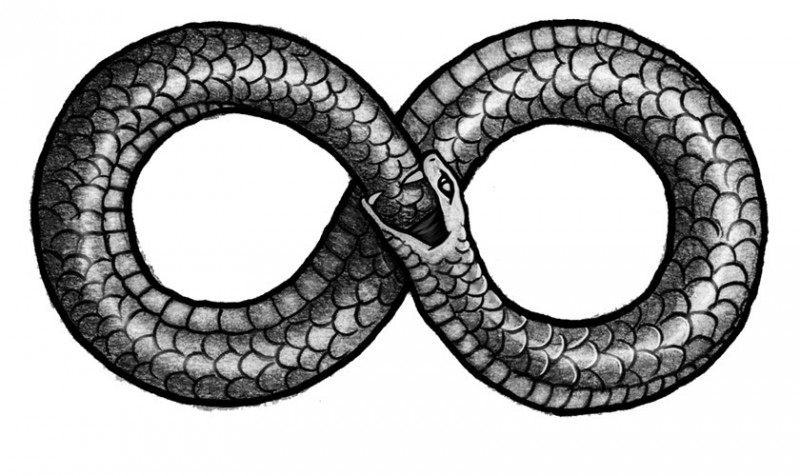Following up on our longstanding interest in cetacean longevity (see our earlier article, The old man of the sea), check out this recent article (pdf) on the evolution of an age-related phenomenon (menopause) in whales . The authors theorize that menopause has evolved to allow older females in matrilineal whale species to assist their kin (and thereby boost their own genes’ fitness) in non-reproductive ways.
The cetacean species in which menopause is known or probable all have matrilineal social systems in the sense that most of the females spend their lives grouped with their mothers when both are alive. This correlation, and the presence of menopause in these cetaceans which (unlike modern humans) have not faced a dramatic recent change in their living conditions, strongly indicate that menopause is adaptive, and results from the tradeoff between continued reproduction and assisting kin. Given that menopause invariably occurs in these species, the benefits of assisting kin must outweigh the costs of reproductive cessation. …
Similar to human grandmothers, menopausal cetacean females have experience that might benefit other members of their matrilines. The value of this information could explain why females in these species live about a third of their lives as post-reproductive members of their social groups.
Note that the idea that older animals might reap greater fitness benefits than by having more offspring is not a group-selection hypothesis. Rather, the argument is simply that the benefit to related animals (other females in the group, who are both direct descendants as well as sisters, nieces and cousins) of an older female’s “helping out around the pod” ends up being a greater fitness benefit than her continued calving would be. This makes sense especially in light of the fact that pregnancy and calving are themselves associated with some risk of harm to the mother, a risk that very likely increases with age.
So (per our previous article on this subject) whales might live indefinitely (i.e., undergoing negligible senescence) but not reproduce indefinitely. Finding out whether this is true of the (generally solitary) males in matrilineal species, as well as the nature of the fitness contribution provided by older nonreproductive females to their kin, will be essential to our understanding of the evolution of cetacean longevity.
(Hat tip to Razib at Gene Expression.)

Fascinating.. How widespread is menopause in animals?
Last i heard Besides human females certain species of whales are the only other species besides humans that go through menopuase.